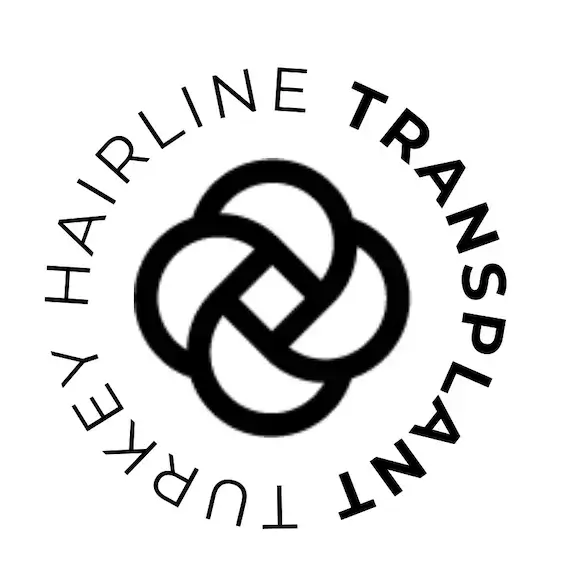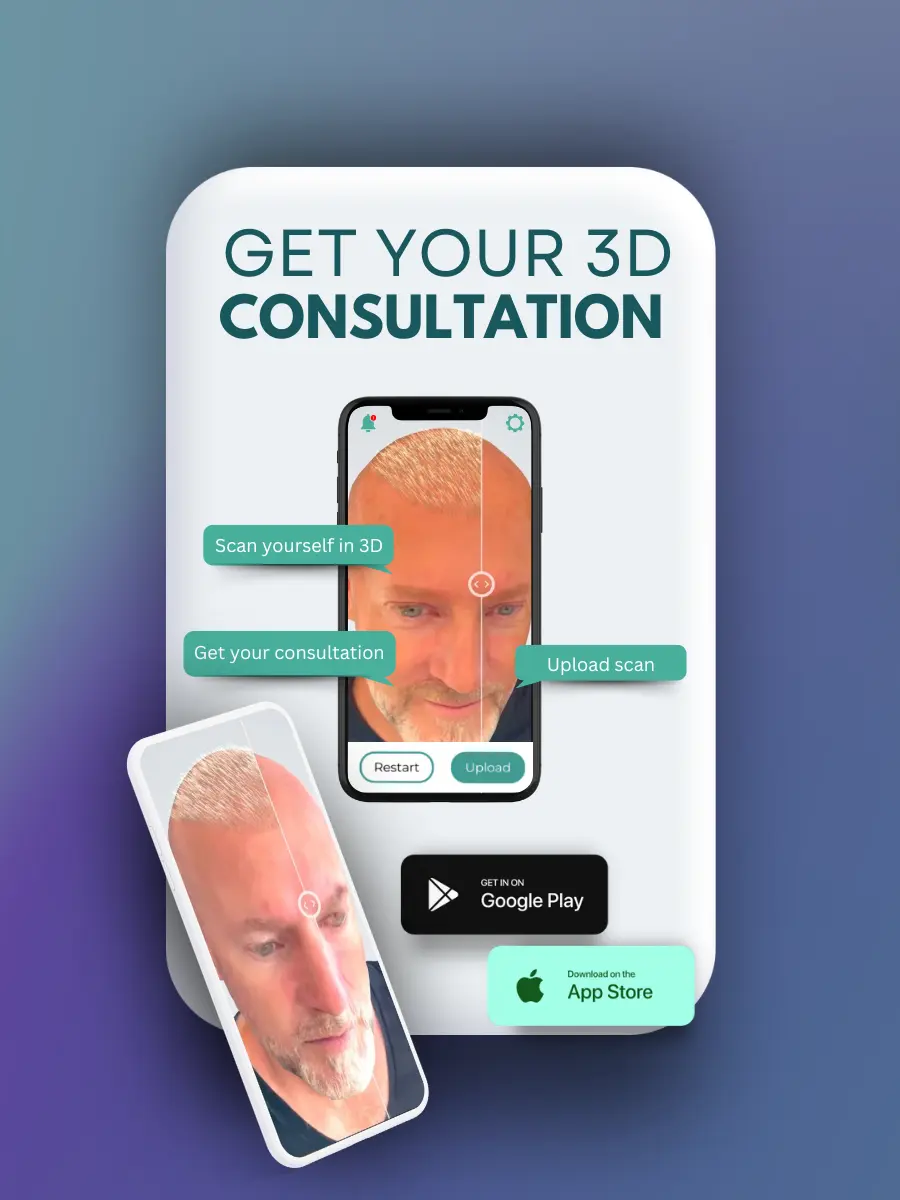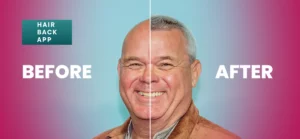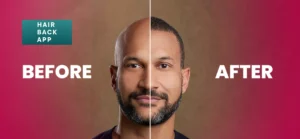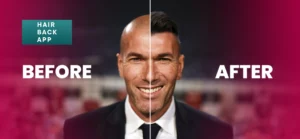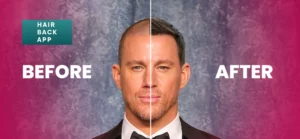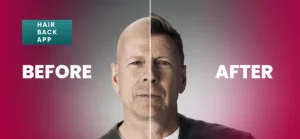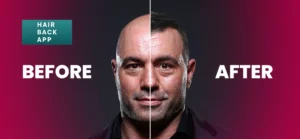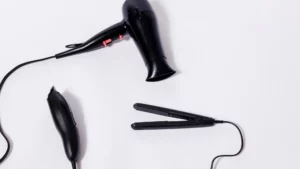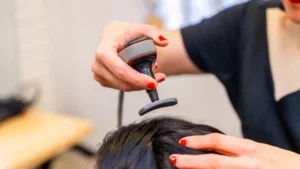What Can You Do About It?
Afro-Caribbean hair, especially in women, can be prone to traction alopecia. This is the term for when your hair starts to show signs of thinning, especially along the hairline. The cause is the braids we love so much, along with weaves and chemical relaxing out hair, are the main culprits. Over time, this styling puts a lot of pressure on the hair follicles. The focus is mainly at the temple, causing noticeable hair loss.
Distressing as this is for anyone, it can be devastating to women. Braiding and weaves are in use from early childhood in the Afro-Caribbean community. Because of this, we are seeing Traction Alopecia occurring in younger women. Women have taken to try and hide the thinning by using extensions, but these are not a good idea. Why? They again put pressure on those overstrained hair follicles, facilitating further damage and hair loss.
Once the hair begins to fall out, it does not grow back. In the past, women have tried wigs, but these can become uncomfortable, especially if it is hot. Men often opt to shave their heads completely bald, but this is not a popular option for either sex. Fortunately, there are alternative treatments available, with hair transplants increasing in popularity throughout the Afro-Caribbean community.
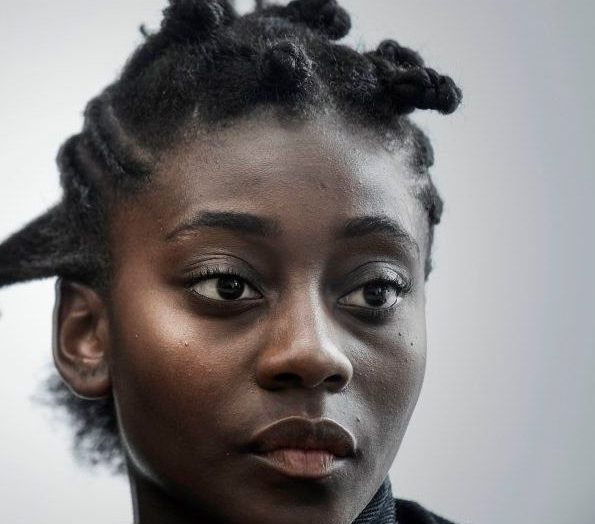
An Afro-Caribbean Hair Transplant Is Now A Viable Option
As technology and techniques in hair transplants improve, you need to look for a clinic that offers specialised Traction Alopecia treatment. Why can’t any clinic providing female hair transplant perform the technique on Afro-Caribbean hair? The reason is due to the genetic makeup of Afro-Caribbean hair. This hair types curls to the root, not just what you can see visibly but also under the skin—making graft extraction a very skilled process. Doctors need to know how to ensure graft survival and avoid ingrowing hairs to achieve a desirable result.
The doctors involved in transplanting Afro-Caribbean hair for Traction Alopecia need to be experienced practitioners of modern, sophisticated hair transplantation techniques. The doctors also need an in-depth understanding of the unique hairline shapes that characterise Afro-Caribbean hair. An inexperienced Doctor would not know how to safely remove the hair from the donor area or implant it to create a natural finish.
Your doctor should also be an experienced practitioner in the FUE—Follicular Unit Extraction. FUE is a less invasive technique that leaves no linear scars or needs stitching.
Turkey is a top destination of hairline transplantation, and several clinics specialise in Afro-Caribbean hair. To ensure you find the right clinic and the experienced doctors, contact us to discuss your options and costs.
